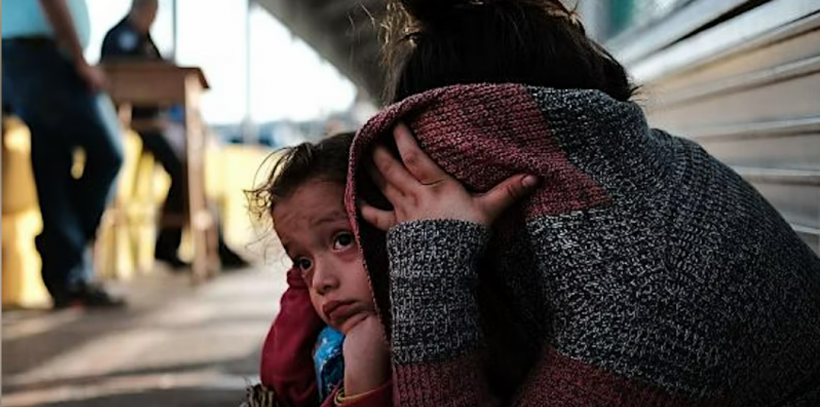Tips for Interviewing Orphaned Children

This brief tip sheet was drawn from the third webinar in a series focused on Early Childhood Reporting, part of the Dart Center’s Early Childhood Journalism Initiative (ECJI).
The webinar was moderated by journalist and Dart senior advisor Irene Caselli, and the speakers were:
Charles H. Zeanah, Professor of Psychiatry & Pediatrics, Tulane University
Lucero Ascarza, Peruvian journalist, Salud con Lupa
Mythreyee Ramesh, Indian journalist, The Quint
Know your terminology
Ensure you understand terminology and definitions. For example, a single orphan has lost one parent; a double orphan has lost both. This distinction is important because it can impact a child's growth and development. If a bereaved child still has one loving caregiver, this can act as a buffer against adverse consequences. Children without a supportive caregiver, however, are more likely to start a trajectory that leads to maladaptive outcomes later on.
Consider the effects of different types of care
The well-being and development of orphaned children is influenced by their environment and the quality of their caregiving. For example, if an orphaned child is cared for by another family member who nurtures and treasures them, they’re likely to cope better than a counterpart who is placed in institutional care. Institutional care, just like non-engaged foster care, have been proved to have seriously negative effects on children’s wellbeing, most notably by the groundbreaking research on Romanian orphans who suffered neglect in their early days in institutions.
Understand the difference between trauma and neglect
Children can experience trauma and neglect simultaneously, but journalists should understand that these experiences have varying effects on the brain. Trauma is the result of being exposed to an overwhelmingly frightening event; this can lead to the brain becoming hyper-aroused and responding to fear even in non-threatening situations (as in PTSD). Neglect, however, is different: it represents the absence of input (such as language input, nurturing or cognitive stimulation) into a developing neural system. Input is essential for the brain to develop in a healthy way. And so, without, children can experience myriad challenges.
Prepare carefully for interviews
Interviewing children - especially those who have experienced the loss of a parent - requires special ethical considerations and sensitivity. Preparation is essential. As part of this preparation, it’s worth writing down your questions and running them past an editor or colleague. Depending on the child’s age, ask yourself if interviewing the child is absolutely necessary for your work.
Don’t ask a child about their traumatic experiences
Before interviewing an orphaned child, try to speak to the adults and caregivers in their lives to find out what happened to them, how they’ve responded to the trauma and what their current caregiving situation is like. This should mean that you won’t need to ask the child these questions. Instead, consider action-oriented questions. For example, ask them about their daily routines, and how these might have changed over time. You’ll find the answers to these types of questions often give deep emotional insight, anyway. Additionally, be flexible and retain the agility to frame your questions around the child’s needs. If they want to talk about the happy memories they have with their parents, ask questions related to this.
































































































